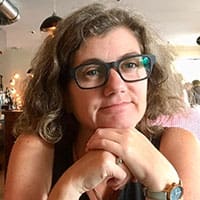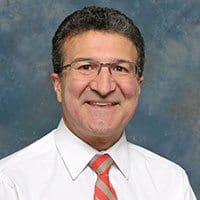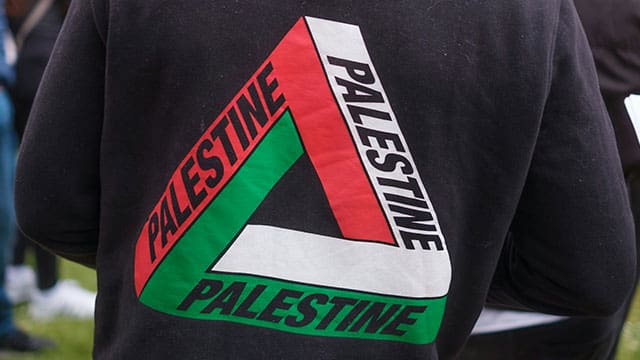The Nakba refers to the mass displacement and dispossession of Palestinians during the 1948 Arab war against Israel
By Tara Ehrcke
and Gerry Chidiac
On March 18, the Annual General Meeting of the BC Teachers’ Federation (BCTF) passed a proposal asking that their leadership work with the BC Ministry of Education and Child Care in developing additions to the Social Studies curriculum to include the Nakba, the 1948 Arab/Israeli War, and the Israeli occupation of the West Bank and Gaza. The Nakba refers to the mass displacement and dispossession of Palestinians during the 1948 Arab-Israeli war.
Students are struggling to make sense of what is taking place in the Middle East. Teachers believe this contextual information is necessary for students to grapple with these events and develop informed and empathetic viewpoints.
 Tara Ehrcke |
 Gerry Chidiac |
Moreover, one reason why Canadians are largely ignorant of the Israel/Palestine crisis is because teachers are terrified to teach it. This is not unique to the issue of Israel/Palestine – we saw similar fear in teaching about the Armenian Genocide before it was recognized by the Canadian government in 1996, and the same is true for virtually every crime against humanity committed by Canada or its allies.
The group that brought this resolution to the BCTF, Teachers for Palestine, is a very diverse collection of educators. It includes Sephardic (Arab) Jews, Ashkenazi (European) Jews, European Christians, Arab Christians, Arab Muslims, and agnostics. The desire to teach critical thinking regarding this volatile global issue has nothing to do with a person’s ethnicity or religion.
Unfortunately, there has been opposition to this proposal. An online counter-petition was started, a scathing article appeared in the National Post, and a letter was sent to the Minister of Education and Child Care by the Canadian Antisemitism Education Foundation (CAEF).
The basic facts of the Nakba are not historically contested. Over 700,000 Palestinians fled their homes. There was violent dispossession in many (likely several dozen or more) Palestinian villages, the most well-documented being Deir Yassin and Lydda. The newly formed Israeli state refused to allow the return of the refugees, prompting UN resolution 181, calling for their return. The refugees are barred by the Israeli government from returning and reclaiming their property to this day. Most of the property of 272 abandoned Palestinian villages was transferred to the Jewish National Fund, under the Israeli Absentee Property Law.
This history is extensively researched and documented in the works of Israeli scholars who examined documents from the 1947-1949 era after Israel opened archival materials in the 1990s. These historians include Benny Morris, Ilan Pappé and Avi Shlaim. It is also found in the work of Palestinian scholars, such as Rashid Khalidi and Saleh Abd al-Jawad.
Like any history, there are debates. But there is no debate that the Nakba occurred, that massacres occurred, that fleeing violence was the primary source of migration, and that the refugees have never been allowed to return. For a balanced, fundamental understanding of the current tensions in Israel/Palestine, consider reading Pappé’s The Ethnic Cleansing of Palestine and Khalidi’s The Hundred Years’ War on Palestine.
Despite this, many of those objecting to the inclusion of these events in the curriculum point to historically discredited narratives. These include the myth that Jews, Muslims and Christians from the region do not have a long history of peaceful coexistence or the myth that the most important factor in the migration was Arab leaders telling Palestinians to leave.
Even the Israeli Defence Forces, which completed its own analysis of the causes of the migration in 1948, found that “Without a doubt, hostilities were the main factor in the population movement.”
Historical discrepancy is normal, but the Nakba happened, and understanding this period of history is critical to understanding current events. These topics need to be freely discussed in BC schools if our students are to become informed, empathic critically thinking members of society.
Tara Ehrcke, an Ashkenazi Jew living in Victoria, and Gerry Chidiac, an Arab Christian living in Prince George, are members of Teachers for Palestine.
For interview requests, click here.
The opinions expressed by our columnists and contributors are theirs alone and do not inherently or expressly reflect the views of our publication.
© Troy Media
Troy Media is an editorial content provider to media outlets and its own hosted community news outlets across Canada.


